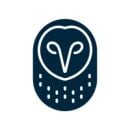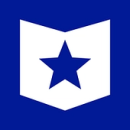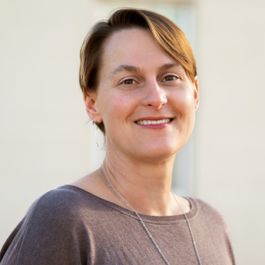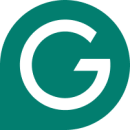The Bay Area has established itself as a major force in the tech industry and continues to be the base for major players and promising startups alike. That doesn’t look like it will be changing anytime soon.
Comptia data shows the area advertised more than 124,000 open tech positions last year. Projections forecast that the number of openings will continue to climb in the coming years.
For job seekers considering the wealth of opportunities in the area, the distinguishing details matter. Built In SF spoke to four of the top companies hiring about what they look for in candidates and got an inside look at what their tech teams are working on.
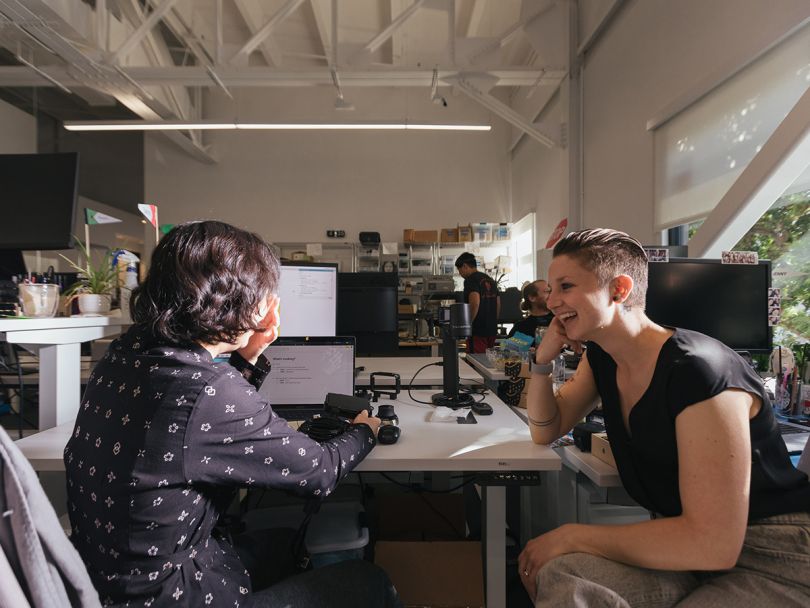
What they do: Samsara created the Connected Operations Cloud, which provides businesses with insightful data on physical operations and informs confident long-term strategies for safety and sustainability.
What’s one character trait or skill set that a successful candidate should have to land a spot on your team?
The scale and ingenuity of Samsara’s mission require engineers to be devoted to curiosity. Engineers at Samsara generally share a penchant for exploration and a desire for personal improvement. We look for self-starters willing to take on complex projects or tasks outside their comfort zones. We meet this eagerness with a supportive environment that gives individuals career-launching opportunities while valuing collaboration to make what’s challenging more approachable.
As the team builds many greenfield projects, we prioritize closely partnering with our customers and getting feedback to improve outcomes. Curiosity helps ensure we build the right solutions for our customers and the opportunities to explore new system design principles and best practices.
What’s the biggest project your technical teams are planning for 2023 and why is it important for the success of the business as a whole?
The Connected Sites team builds solutions to help our customers with the safety and security of their physical operations in locations like factories, warehouses, storefronts and shipping yards.
Our technology provides customers with real-time insights to help ensure a safer work environment by utilizing computer vision techniques to build a natural understanding of environments, including hazardous materials or dangerous situations.
To build real-time visibility into the safety of our customers’ operations, we develop algorithms to help monitor unsafe working conditions, raise awareness through a “Safety Score,” suggest potential risk factors for workers, predict and prevent avoidable accidents and work mishaps, and provide insights into building prevention plans and processes to keep workers safer.
How would you describe your tech team culture in a single word and why would you choose that word?
Samsara’s engineering culture is supportive. With strong mentorship and collaboration, engineers at all levels are expected to learn and share knowledge with the team. Different teams host weekly demos, providing opportunities to celebrate work and share key insights. Teams work closely on feature development, often programming and giving feedback through cross-functional code reviews. We believe an open and safe work environment allows engineers to feel confident asking for help and offering support to each other, which is a vital part of how great technology is built.
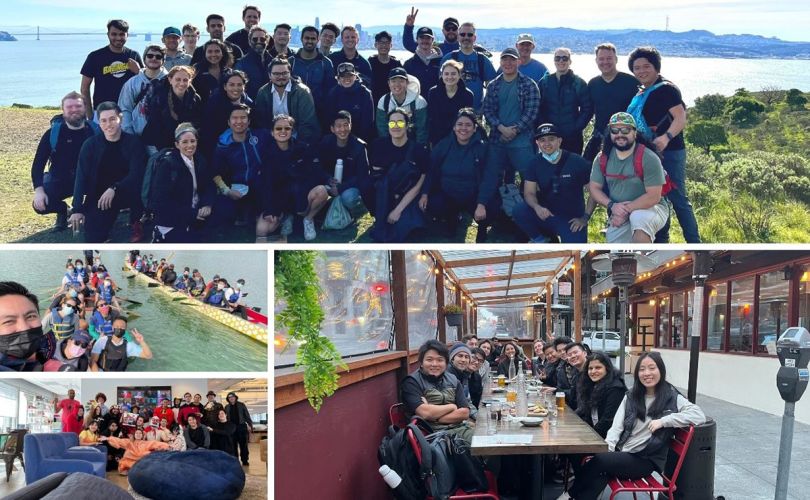
What they do: Unit21 gives companies the tools they need to combat financial crime via its customizable, user-friendly platform.
What’s one character trait or skill set that a successful candidate should have to land a spot on your team?
Successful candidates are naturally curious and question the status quo. On the job, team members are given latitude to dig deep to gather intelligence and make great decisions. An instinctive tendency to inquire about areas of ambiguity, challenge assumptions and ask “why” results in success for the individual and the team. A good way to display this in the interview process is to ask questions that build on each other and to zoom in on areas of ambiguity during problem-solving sessions.
What’s the biggest project your technical teams are planning for 2023 and why is it important for the success of the business as a whole?
We have multiple initiatives pushing us toward a more data-agnostic application. A few projects are no-code machine learning model tuning, no-code data onboarding and interactive pattern finding, among many others. By executing on these projects, we’ll increase the rate at which we can act as a force multiplier for our FRAML customers, dramatically decrease the level of effort to integrate with our application and allow for expansion into other industry verticals. These initiatives are critical as they increase our value to customers, reduce onboarding costs and diversify our client base.
How would you describe your tech team culture in a single word and why would you choose that word?
Cooperative. We understand that success only arrives when the team is strong and place emphasis on unblocking and supporting each other to ensure a smooth and efficient working experience. During our interview process, we look for folks who are respectful and polite but also direct and constructive with their communication. This results in a psychologically safe environment where people are able to grow, which helps us dream big.
What they do: Course Hero is an online educational platform that helps students achieve academic success.
What’s one character trait or skill set that a successful candidate should have to land a spot on your team?
The success of a good designer is typically the result of a careful balancing act. As a designer, you must have a solid understanding of how to balance the desired outcome for the user experience while meeting business goals. This balancing act is not only crucial to one’s overall success as a candidate but important to the overall success of the user experience you create.
A successful candidate has pride in being a hands-on designer, being comfortable with all phases of the design process from high-level concepts down to the smallest UI details. It is also important to understand complex systems and turn sophisticated customer feedback into simple and engaging products.
At Course Hero, my team is responsible for growth, which includes user acquisition and product activation, new user onboarding experience, retention and content acquisition, with the ultimate goal of delivering high-quality study resources and learning experiences for students.
What’s the biggest project your technical teams are planning for 2023 and why is it important for the success of the business as a whole?
We are hyper-focused on delivering products and experiences that support our “customer-focused value,” providing a great product that our users love. I’m currently overseeing the design for the growth team and plan to launch a series of new offerings to support a broad range of study needs for millions of students around the world.
How would you describe your tech team culture in a single word and why would you choose that word?
Open. As a leader, it is important for me to cultivate an environment where team members can share thoughts, unique perspectives and lived experiences, enabling a creative mindset as much as possible. By creating an open culture, our team feels comfortable and supported, collaborates well together and designs great student-centered experiences.
What they do: Grammarly’s writing assistant is used by over 30 million people. The software helps users hone their writing and delivery skills.
What’s one character trait or skill set that a successful candidate should have to land a spot on your team?
Curiosity! At Grammarly Engineering, we strive to empower our teams to make decisions about the product we’re building. To be confident in their decision-making, they need to get curious.
When engineering, product and design kick off a new project, they first need to be curious about context: What customer problem are we trying to solve? What would success look like for that customer?
Once we’re all on the same page about the context, engineers need to be curious about solutions: What are creative ways we can solve this problem? How are existing solutions falling short? How can we design this to fit in well with the rest of the product? What other services and systems might be impacted?
Lastly, engineers need to be curious about how to build. What new or existing technologies can we leverage? Whose expertise can we tap into to get feedback about our approach? How can we tackle the most complex or risky technical challenge first to gain confidence that we can build this? And most importantly, if I were the customer, how would I want this to work?
By exercising our curiosity, we become an empowered, collaborative, user-centric team of systems-thinkers who can creatively solve any technical challenge and build a great product that customers love.
What’s the biggest project your technical teams are planning for 2023 and why is it important for the success of the business as a whole?
I’m most excited about our Grammarly Business and Grammarly for Developers product offerings because they present opportunities to expand the kinds of communication challenges we can solve for our customers, requiring us to build deeper natural language processing capabilities, more flexible and robust services and new user experiences.
Grammarly for Developers is an interesting technical challenge because we don’t yet know all the ways the product will be used. Therefore, we have to design and build defensively, anticipating usage patterns and edge cases that we might not encounter through our own first-party clients. At the same time, it’s exciting to be exposed to interesting new writing domains and use cases.
Grammarly Business is also stretching us to think about the unique needs of teams and organizations, whether it’s building on our commitment to security with enterprise controls for admins, developing robust analytics for team leads to demonstrate impact or solving the complex communication challenges that happen between coworkers. Thinking at the team and organizational level are opportunities for innovation as we create new user experiences for individuals, teams, managers, admins and buyers while also changing our systems to work in the multi-stakeholder world that is B2B.
Both Grammarly Business and Grammarly for Developers give our team the chance to innovate and creatively solve new problems for our users. Ultimately, this allows us to better deliver on our mission of improving lives by improving communication.
How would you describe your tech team culture in a single word and why would you choose that word?
I love how supportive our team is. We start every team all-hands with kudos and shoutouts, celebrating what’s going well and sharing gratitude. I’m always humbled by how often the shoutout goes to an engineer who has put in the extra effort to help someone else be successful. This kind of supportive culture makes it easier for each of us to take risks or try something new because we know we aren’t doing it alone and we only see failure as an opportunity to learn and grow.
Having a supportive environment empowers each of us to fix what’s broken, advocate for change, share our wild ideas out loud and ultimately be innovative in what we build. We know we can rely on our peers to lend a hand or share their experiences, and they know that in the future we’ll do the same for them. This virtuous cycle of support is what fuels our growth as individuals and as a company.




